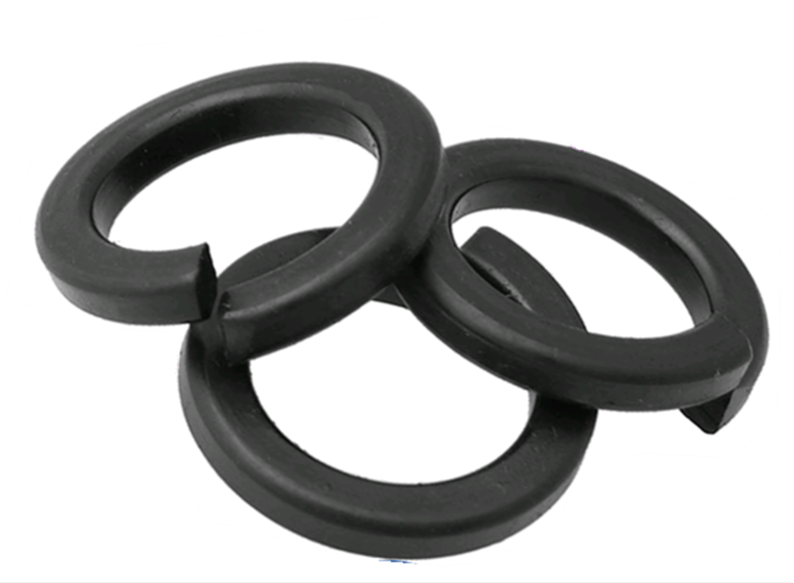High-Quality Stud Bolt Manufacturer for Gr5 Standards and Custom Industrial Solutions
Jul . 28, 2024 03:15 Back to list
High-Quality Stud Bolt Manufacturer for Gr5 Standards and Custom Industrial Solutions
Understanding GR5 Stud Bolt Manufacturing Key Insights
In the realm of industrial fasteners, GR5 stud bolts play a crucial role due to their exceptional strength and durability. These fasteners are widely used in various engineering applications, including construction, machinery, and automotive sectors. This article delves into the manufacturing process of GR5 stud bolts, their specifications, and their applications.
What is a GR5 Stud Bolt?
A GR5 stud bolt is a high-strength fastener made primarily from titanium alloy, specifically Ti-6Al-4V. This alloy consists of 90% titanium, 6% aluminum, and 4% vanadium, which grants the bolts exceptional mechanical properties such as high tensile strength, low thermal expansion, and remarkable corrosion resistance. These attributes make GR5 stud bolts ideal for applications demanding high performance in challenging environments.
Manufacturing Process
The manufacturing process of GR5 stud bolts involves several meticulous stages to ensure optimal quality and performance.
1. Material Selection The first step in producing GR5 stud bolts is selecting high-quality titanium alloy. The choice of material directly impacts the performance of the final product, making this stage critical in manufacturing.
2. Forging The chosen titanium alloy is then heated and forged. This process shapes the metal into a rough form of the stud bolt while enhancing its mechanical properties through deformation. The forging process is designed to eliminate internal defects and improve grain structure.
gr5 stud bolt manufacturer

3. Machining After forging, the rough-shaped stud bolts undergo precision machining. This step involves cutting, turning, and threading to achieve the precise dimensions and tolerance required. CNC (Computer Numerical Control) machines are commonly used for this purpose, ensuring high accuracy and consistency across production batches.
4. Heat Treatment Once the bolts are machined, they typically undergo a heat treatment process. This step involves heating the bolts to specific temperatures and then cooling them rapidly. Heat treatment enhances the hardness and strength of the titanium alloy, ensuring that the final product can withstand significant loading and stress.
5. Surface Treatment To further enhance corrosion resistance and improve wear properties, GR5 stud bolts often undergo surface treatments. Common methods include anodizing or applying protective coatings, which help to protect the bolts from environmental factors and extend their operational life.
6. Quality Control Finally, stringent quality control measures are implemented. Each batch of GR5 stud bolts is tested for mechanical properties, dimensional accuracy, and surface finish. Various tests, including tensile strength tests and hardness measurements, ensure that the bolts meet industry standards and specifications.
Applications of GR5 Stud Bolts
GR5 stud bolts find extensive use across multiple industries. In the aerospace sector, they are employed in critical applications where weight reduction and strength are paramount. In the automotive industry, these fasteners are utilized in engine components, suspension systems, and more due to their high-performance characteristics. Additionally, GR5 stud bolts are an excellent choice for marine applications due to their corrosion resistance in saline environments.
Conclusion
In summary, GR5 stud bolts are integral in multiple industrial applications due to their superior strength, durability, and corrosion resistance. The meticulous manufacturing process, from material selection through to quality control, ensures that these fasteners meet the high demands of modern engineering applications. As industries continue to evolve, the need for reliable fasteners such as GR5 stud bolts will remain prevalent, making their role in manufacturing ever more vital. By understanding the intricacies of their production, stakeholders can appreciate the engineering excellence that goes into every GR5 stud bolt crafted.
Latest news
-
Reliable Axle Nuts Supplier | High-Quality Automotive Parts
NewsAug.19,2025
-
Premium Wire Bolts Suppliers | Durable & Reliable Fasteners
NewsAug.18,2025
-
Leading Metric Wood Screw Companies & Manufacturers
NewsAug.17,2025
-
Top Wire Bolts Suppliers - Quality & Durable Fasteners
NewsAug.15,2025
-
Trusted Wire Bolts Company | Quality Fasteners Supplier
NewsAug.14,2025
-
Reliable Wire Bolts Suppliers & Manufacturers for Global Needs
NewsAug.13,2025
